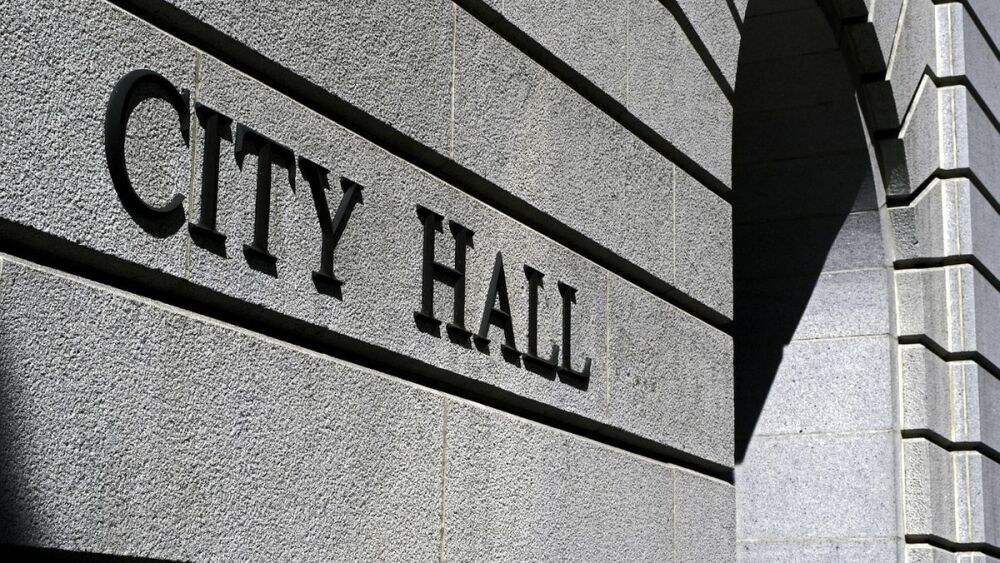By Nick Stockton
Wired
Salty, chemical-laden fluid leaked for two hours before anyone from Vantage Energy let Arlington city officials knew there had been an accident at the hydraulic fracturing well next to the Baptist church. It would be another 22 hours before they plugged the leak. In that time, 42,800 gallons of polluted liquid would flow into the sewers and streams of this suburban city wedged between Dallas and Fort Worth.
That was two months ago, and this week Arlington officials announced their investigation into the accident—caused by equipment failure—was complete. After taking water and soil samples, they announced that the waste water spewed from the well did not cause any significant damage to the environment. Vantage Energy’s biggest sin was not notifying the city of the accident when it first occurred. Even with this conclusion, the spill has raised concerns in frack-friendly Texas and beyond.
Natural gas has been touted as the bridge fuel—the climate-friendly alternative that will fuel society until green energy gets up to scale. Then faucets started catching fire in Pennsylvania. And earthquakes started shaking Oklahoma City. And evidence started accumulating that indicates the gas itself is a bigger threat to the climate than coal.
But all these problems tie back to the processes used to produce natural gas. The question is, could these processes be fixed so natural gas fulfills its promise as a climate change panacea?
Read full coverage here.


